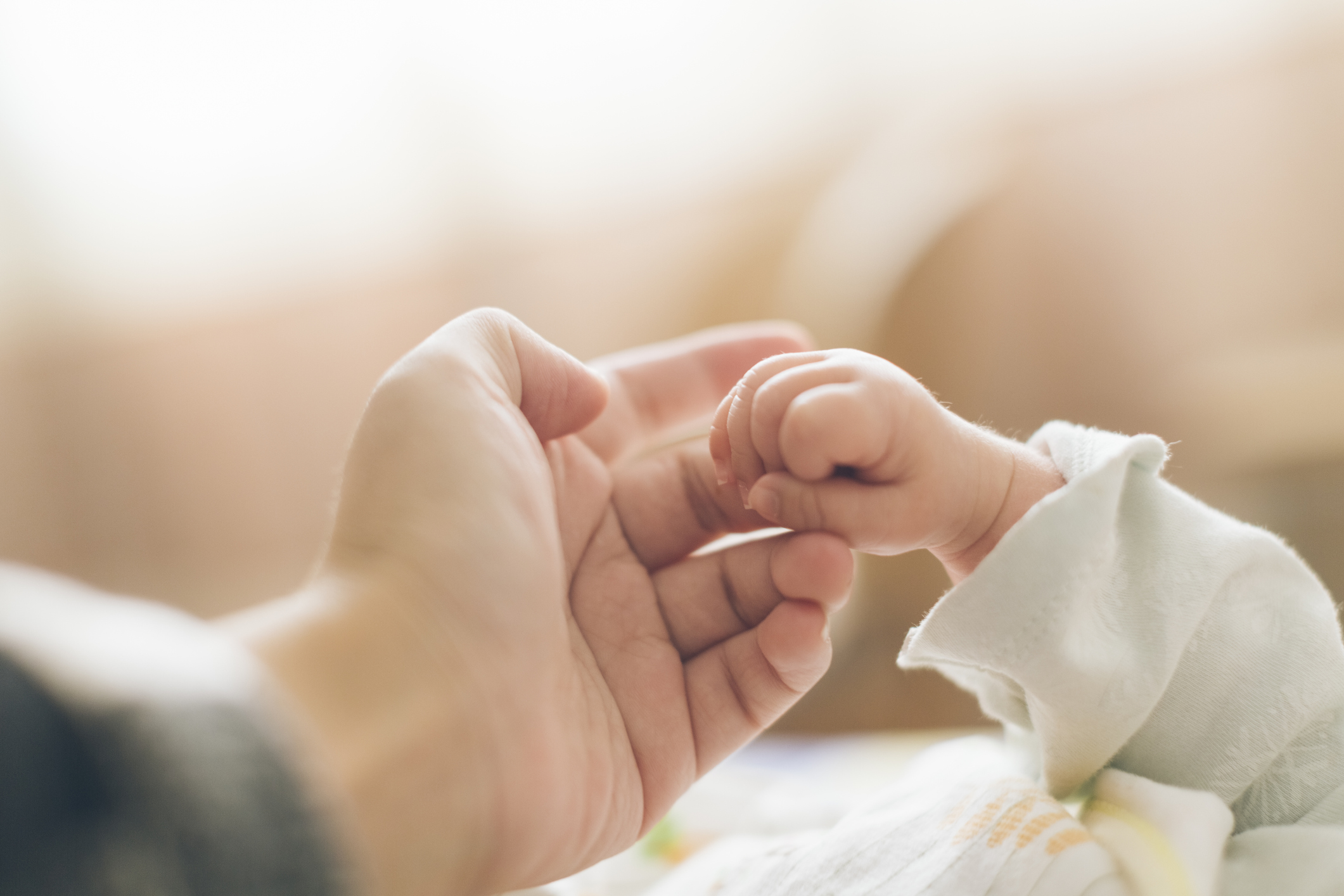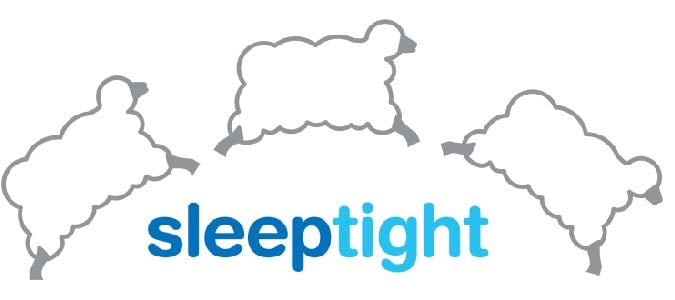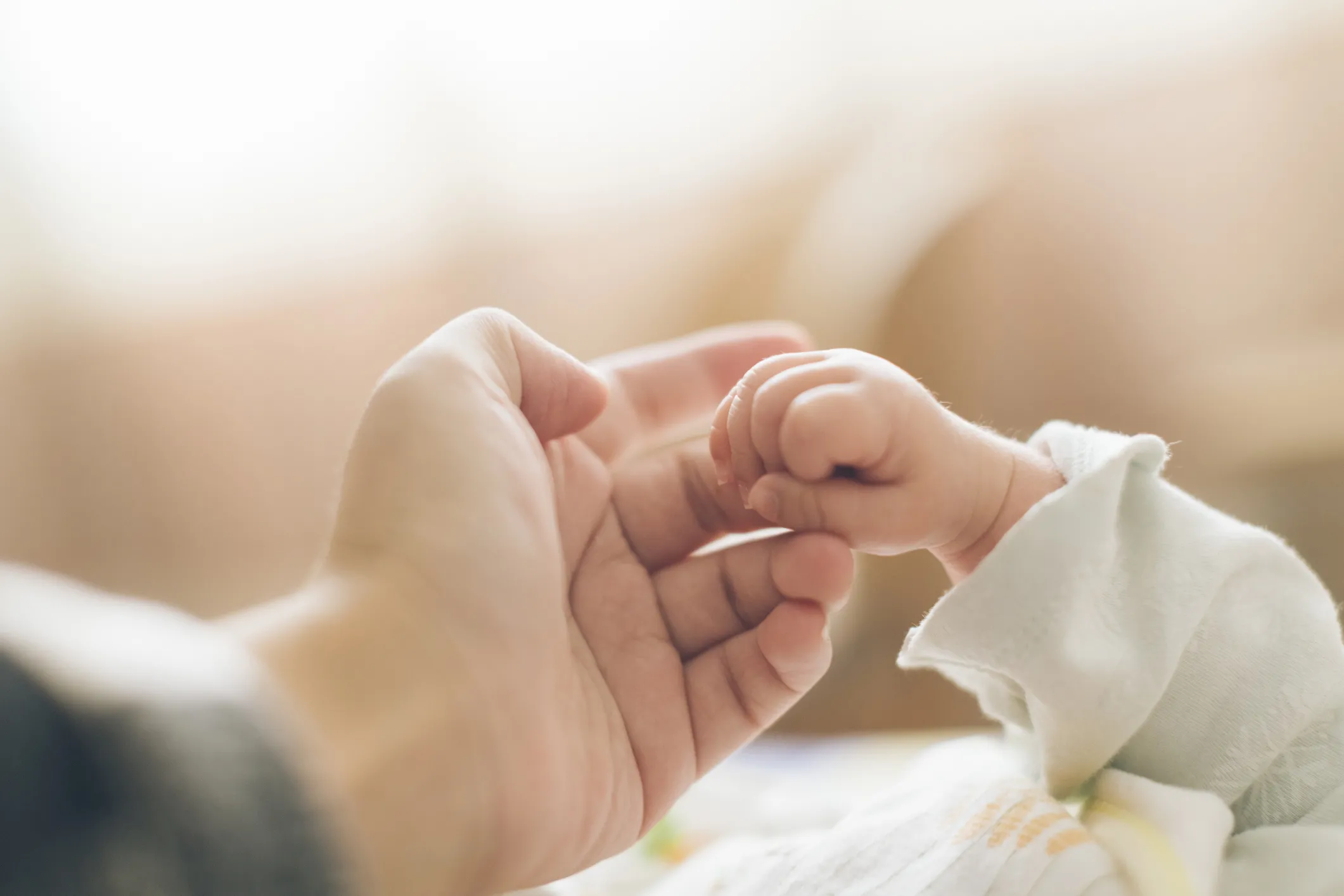The ABC's of Safe Sleep for Baby
New parenthood is fraught with exhaustion.
In the hurry to catch up on rest, it’s easy for new moms and dads to hit the snooze on safe-sleeping rules. Regardless of your exhaustion level, I implore you to always observe safe-sleeping practices for baby.

 Safe sleep, according to the March of Dimes, means putting your baby to sleep in ways that can help protect him from dangers like choking, suffocation and sudden infant death syndrome (SIDS). Sleeptight Hampton Roads is an area non-profit partnership organization formed with the mission to educate the community about safe sleeping practices for infants.
Safe sleep, according to the March of Dimes, means putting your baby to sleep in ways that can help protect him from dangers like choking, suffocation and sudden infant death syndrome (SIDS). Sleeptight Hampton Roads is an area non-profit partnership organization formed with the mission to educate the community about safe sleeping practices for infants.
The organization recommends the "ABC's" of safe sleep to all parents of young babies:
Alone
Baby should sleep alone. Never fall asleep with baby in your arms, lying on your chest or beside you on your bed or couch.
Back
Until baby turns one, he should always be placed on his back in a designated safe sleeping space. Once he can roll over, it’s ok if he repositions himself onto his tummy or side--however you should always place him on his back. Until he can roll over, the use of a wearable blanket is ideal and can help to maintain baby's sleep position on his back.
Crib
Baby should sleep in a separate crib, co-sleeper or bassinet that is free of any fluffy blankets, bumpers or stuffed animals. Only a fitted sheet should be used in the sleep space. The Academy of Pediatrics recommends that for at least the first six months of life, and ideally up to one year, baby should room-share, without bed-sharing, with the parents. This easy access to baby has shown to reduce the risk of sleep-related deaths. A comprehensive listing of the AAP’s safe sleep recommendations, including those referenced here.
I completely understand that all of this is much easier said than done. It's simple to take short cuts to gain a few extra minutes of sleep for your whole family, but the consequences can be deadly. In 2016 32 babies in Hampton Roads died from sleep-related causes. It's painful to discuss, but when safe-sleeping practices are overlooked, it's very easy for an infant who has very little head and neck control to suffocate.
Tips to get rest as a parent
Here are a few tips that might help you get the rest you need, so you can make clear-headed choices about baby's sleep.
- Rest between feeding times, especially if mom is breastfeeding. Even a few minutes of rest can help keep you alert and ready for the tasks of the day (and night).
- Particularly at night, ask your partner to change baby's diaper at feeding times so you can sleep just a bit longer.
- While pregnant, pre-portion frozen meals so you can take this task off the "to do" list once baby arrives.
- Say yes to help. While it may make you nervous at first, asking a family member or friend to tend to baby while you rest up is the safest bet.
- Outsource household tasks if possible and skip the ones, like dusting, that truly can wait.
- If baby cries for a few minutes while you catch up on sleep, it's still a safer choice than being overly exhausted.
While your exhaustion seems endless, this time really will pass quickly. Stay focused on safe sleeping practices throughout the first year to keep baby safe, and you'll both soon be getting ample sleep.
Jocelyn Erwin, R.N., B.S.N., is the nurse manager of the Newborn and Special Care Nursery at Chesapeake Regional Healthcare. She has been a nurse for nearly 20 years, spending the vast majority of that time as a neonatal nurse. She holds a Master of Science degree in Nursing Leadership and Management.
